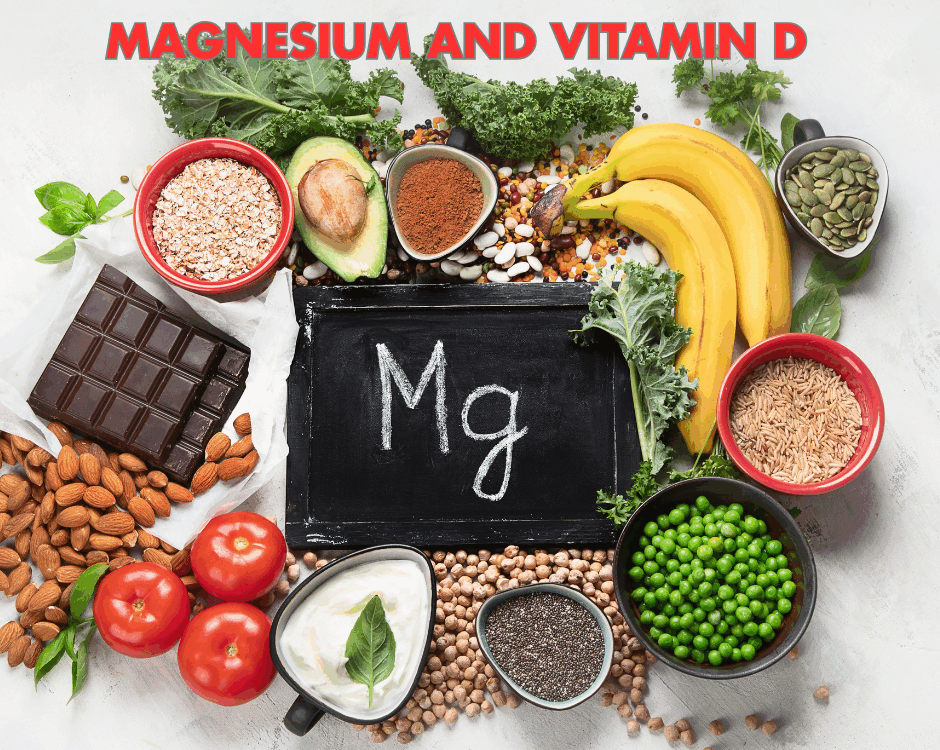Say Yes To The Incredible Egg

How to Handle Cardiac Arrest and Prevention Practice at Home
January 11, 2023
Watch Your Weight and Your Joints
January 20, 2023The Incredible Egg
Eggs are a staple in our household and rarely something we are concerned about not being eaten. They are a versatile source of protein that can be eaten at any time of the day. Eggs can be eaten hard boiled, soft boiled, scrambled, fried or used in a myriad of recipes and baking.
The egg is a great source of protein (up to 12% daily amount). It is also one of the few items that contain Vitamin D in our diets. They contain cholesterol, choline, biotin, vitamin A/E, beta carotene and antioxidants lutein and zeaxanthin. Over the years some have become discouraged from eating eggs due to high cholesterol and heart disease. Research of nearly 40,000 men and 80,000 women showed that up to one egg a day has no association with increased risk of heart disease.
With recent inflation concerns, egg prices are skyrocketing and using every part of an egg can make the extra cost tolerable in the short term. When purchasing eggs by the carton, check the sell by date. Eggs will typically last a little over a month after the sell by date. USDA recommends using your eggs within the first 5 weeks for freshness so if they have been on the shelf for weeks, they may not last long. Before you select your carton also open the eggs to see if any are broken or cracked. Cracked eggs can lead to an increase in risk Salmonella poisoning. When you get your eggs home, and they were purchased from a refrigerated source, then store them in your refrigerator.
We use fresh eggs from a local source straight from the hen house. Most of the time our eggs arrive with feathers and other bits and things still attached. These eggs are left unwashed and stored on the counter in an egg basket. They are not refrigerated and usually have a longer shelf life as they come from a nearby source. They will be edible for up to two months. If you wash these eggs they should not be used after 30 days. Fresh sourced eggs typically contain up to three times more vitamin D, four times more vitamin E and seven times more beta-carotene.
Egg use does not stop after they are cracked and eaten. The shells can be crushed and fed back to the chickens. This becomes a great source of calcium supplement for the flock, and they usually enjoy the crushed eggs over the oyster shell supplement from the store. They are a pest deterrent if you have snug or snail problems. You can sprinkle crushed eggshells around the base of your garden plants. They can be added into your soil or your potted plants as an ongoing source of calcium and nutrients. We also use eggshells as a grit supplement for our worms in the compost pile. This allows the worms to better digest our kitchen compost and provides us with a rich fertilizer for plants.
How do you make all the eggs usable for other things? This is my personal method. I keep a box under the sink with a grocery bag in it. When we use an egg the shell inside is rinsed out and placed in the bag. When the bag is full it is dumped on a large baking sheet, oven heated to 180 degrees, and they are dried out in the oven for typically an hour. Once dried out, they are stuck in an old coffee grinder style blender, ground up and placed in ziplock bags until used. There are many other uses of eggshells so I encourage you to discover what uses work best for you!
— This article is written by Aaron Workman, DC one of the members of Chambers Medical Group’s team of car accident chiropractors who offer a variety of treatments and therapies ranging from diagnostic testing to various soft tissue therapies for car accidents and injuries in Kentucky.
Have you been in a car accident? If you or somebody you know has been in a car accident, be sure that you seek medical attention from a car accident doctor or car accident chiropractor to treat your injuries. Visit Chambers Medical Group to receive world-class medical treatment for your injuries.
Chambers Medical Group has car accident medical clinics in the following locations:
- Car Accident Medical Clinic in Tampa
- Car Accident Medical Clinic in Plant City
- Car Accident Medical Clinic in Brandon
- Car Accident Medical Clinic in Lakeland
- Car Accident Medical Clinic in Sarasota
- Car Accident Medical Clinic in Louisville
- Car Accident Medical Clinic in Lexington
- Car Accident Medical Clinic in Florence




